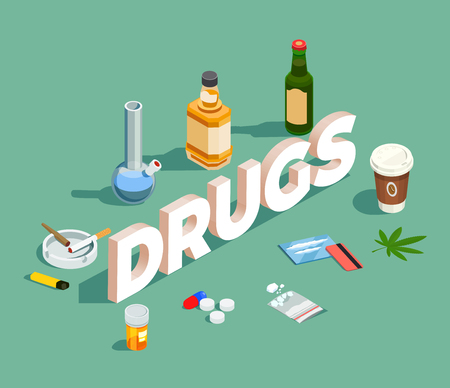
مرگ ناشی از اثر مصرف بیش از اندازۀ مواد مخدر در صورتی که فرد به موقع کمک های اولیۀ حیاتی و داروی نالوکسان را دریافت کند، قابل پیشگیری است. نالوکسان پادزهر مواد مخدر است که در صورت تجویز به هنگام، اثرات مصرف بیش از اندازۀ مواد مخدر را از بین می برد. نالوکسان در عمل تاثیری بر افرادی که از مواد مخدر استفاده نکرده اند، نمی گذارد.
دسترسی به نالوکسان عموما محدود به متخصصان بخش بهداشت است. هنوز در بسیاری از کشورها دسترسی به نالوکسان، حتی در محیط های پزشکی، از جمله در آمبولانس ها محدود است. از سوی دیگر، برخی از کشورها پیشتر نالوکسان را، بدون نیاز به نسخه، در داروخانه ها در دسترس قرار داده اند. چندین کشور، (مانند استرالیا، کانادا، ایتالیا، انگلستان و ایرلند شمالی و اوکراین)، نالوکسان را به عنوان داروی بدون نیاز به نسخه معرفی نموده اند و همچنین اطلاع رسانی فعالانه در این خصوص را در جامعه آغاز کرده اند.
در سال های اخیر، پیاده سازی تعدادی از برنامه ها در سراسر جهان نشان داده است که ارائۀ نالوکسان به افرادی که احتمالاً شاهد وقوع مرگ ناشی از مصرف بیش از اندازۀ مواد مخدر هستند، در کنار آموزش استفاده از نالوکسان و احیای افراد، پس از مصرف بیش از اندازۀ آنان از مواد مخدر، می تواند میزان مرگ و میر ناشی از مصرف بیش از اندازه مواد را به میزان قابل توجهی کاهش دهد. این موضوع به ویژه در افراد مبتلا به اختلال مصرف مواد مخدر و آزادشدگان از زندان اهمیت دارد، زیرا مرگ ناشی از مصرف بیش از اندازۀ مواد مخدر در چهار هفتۀ اول پس از آزادی، بسیار زیاد است.
منبع:
https://www.who.int/news-room/fact-sheets/detail/opioid-overdose
Death following opioid overdose is preventable if the person receives basic life support and the timely administration of the drug naloxone. Naloxone is an antidote to opioids that will reverse the effects of an opioid overdose if administered in time. Naloxone has virtually no effect in people who have not taken opioids.
Access to naloxone is generally limited to health professionals. In many countries there is still limited availability of naloxone even in medical settings, including in ambulances. On the other hand, some countries have already made naloxone available in pharmacies without prescription. Several countries (Australia, Canada, Italy, the United Kingdom of Great Britain and Northern Ireland and Ukraine) have introduced naloxone as over-the-counter medication and have also started proactive dissemination in communities.
In recent years, a number of programmes around the world have shown that providing naloxone to people likely to witness an opioid overdose, in combination with training on the use of naloxone and on the resuscitation of people following an opioid overdose, could substantially reduce the number of deaths resulting from opioid overdose. This is particularly relevant for people with opioid use disorder and leaving prison, as they have very high rates of opioid overdose during the first four weeks after release.
Resource: https://www.who.int/news-room/fact-sheets/detail/opioid-overdose


